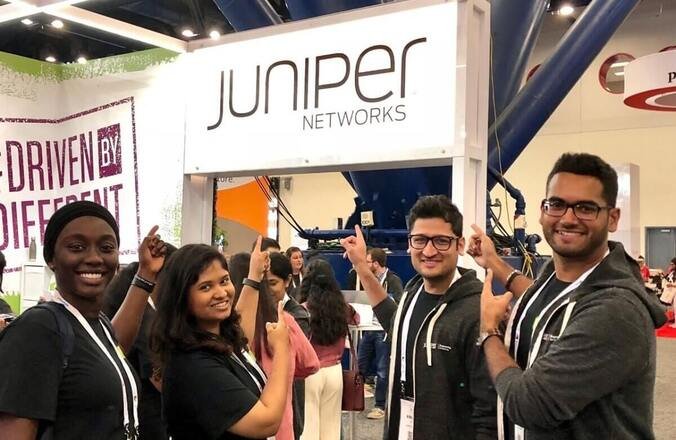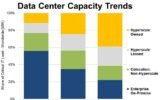Hewlett Packard Enterprise (HPE) has received the green light to proceed with its $14 billion acquisition of Juniper Networks, clearing a key regulatory hurdle after months of scrutiny from U.S. authorities. The approval comes following a settlement with the U.S. Department of Justice (DOJ), which had filed a lawsuit earlier this year to block the deal on antitrust grounds.
The agreement, filed on June 27 with the U.S. District Court for the Northern District of California, is expected to receive final judicial approval, clearing the path for HPE to finalize the transaction.
The DOJ initially challenged the merger in January, citing concerns that combining HPE and Juniper would stifle competition in the wireless networking market. Cisco Systems currently dominates the sector, with HPE and Juniper ranking second and third respectively in U.S. market share. Regulators warned that the acquisition would consolidate too much market power under one roof, potentially harming customers and reducing innovation.
To address these concerns, HPE and Juniper agreed to a set of conditions aimed at preserving market competition. Chief among them is the divestiture of HPE’s Instant On business unit, which focuses on wireless networking solutions for small and midsize businesses. Additionally, the combined entity must license and put up for auction the source code of Juniper’s Mist AI Ops platform – a core asset believed to be a central motivation behind the acquisition.
The Mist AI software, known for applying artificial intelligence to automate and optimize network operations, has become a key differentiator for Juniper. By auctioning its source code, the DOJ hopes to enable rival vendors to access comparable capabilities, thus maintaining a competitive balance in the market.
HPE CEO Antonio Neri welcomed the DOJ agreement, stating that it preserves the strategic value of the deal while promoting broader industry competition. “Our agreement with the DOJ paves the way to close HPE’s acquisition of Juniper Networks and preserves the intended benefits of this deal for our customers and shareholders,” said Neri. “For the first time, customers will have a modern network architecture designed to support AI workloads.”
Once finalized, the acquisition is expected to strengthen HPE’s hand in the AI data center, cloud infrastructure, and telecommunications markets. The company plans to merge Juniper with its Aruba Networking division to create a unified portfolio of secure, AI-driven networking solutions. According to HPE, this integrated platform will enable customers to manage increasingly complex connectivity needs while accelerating their digital transformation efforts.
AI-Centric Networking
For HPE, the move is a calculated bet on the future of AI-centric networking. As enterprises adopt hybrid cloud architectures and expand their AI workloads, demand for intelligent, automated, and secure networking is expected to surge. The Juniper acquisition positions HPE as a more formidable competitor to Cisco, particularly in areas like network automation, edge computing, and cloud-native infrastructure.
Juniper CEO Rami Rahim also expressed optimism about the deal, calling it a significant step toward meeting enterprise and service provider needs. “This is an exciting step forward in meeting a critical customer need – a comprehensive portfolio of modern, secure networking solutions to connect their organizations and provide essential foundations for hybrid cloud and AI,” said Mr. Rahim. “We are eager to complete this deal and realize our common goal.”
With regulatory concerns now resolved and final court approval pending, the companies are preparing to close the deal in the coming weeks.


